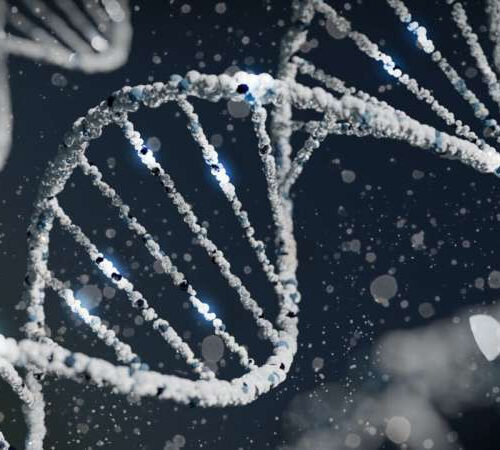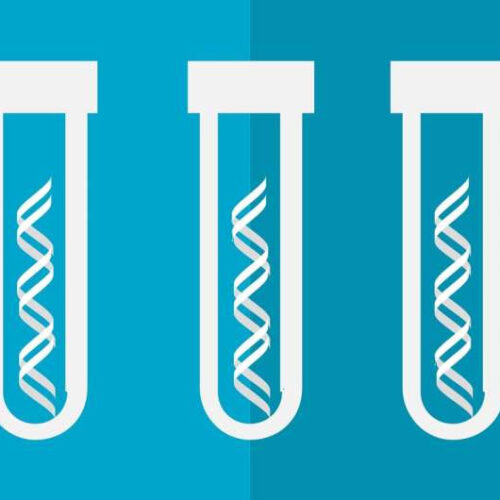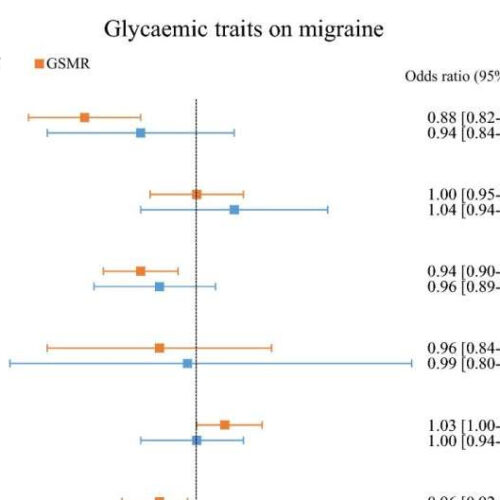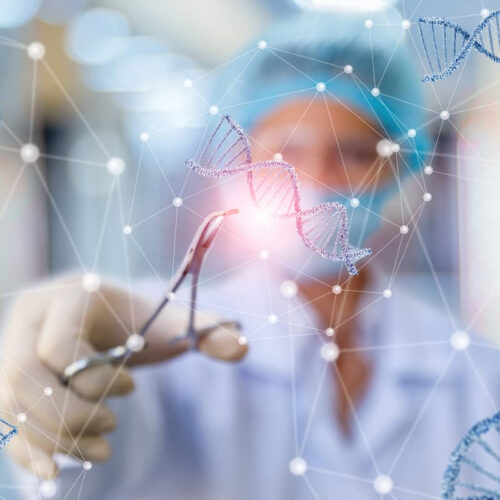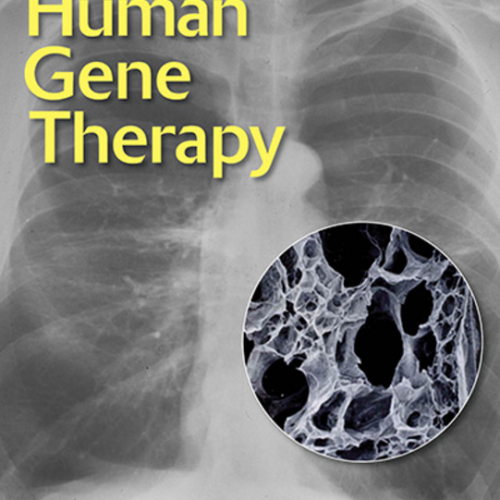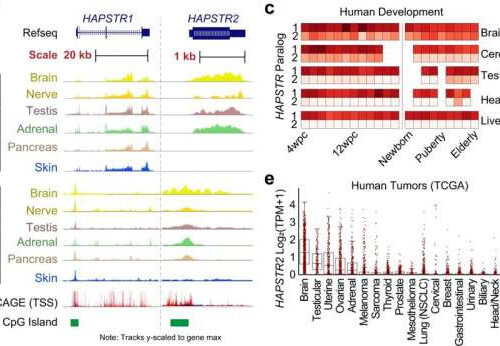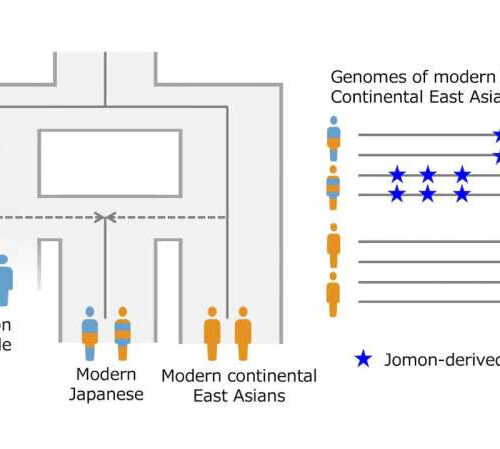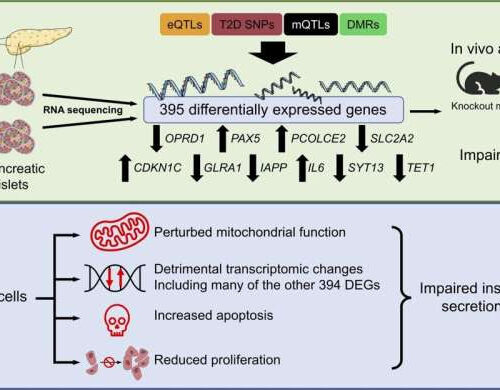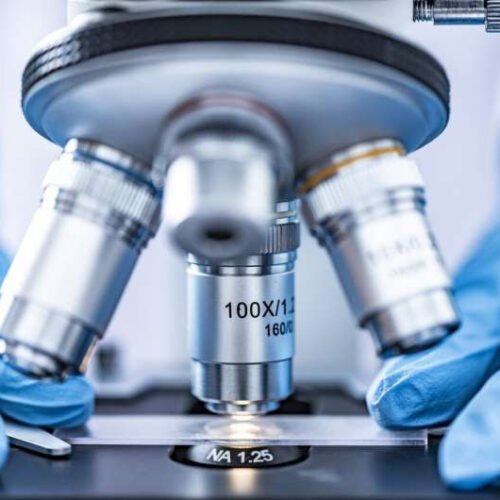by University of Portsmouth Credit: Unsplash/CC0 Public Domain Mutations of the gene encoding dystrophins have long been known to cause the debilitating muscle-wasting disease Duchenne muscular dystrophy (DMD), which affects one in every 5,000 children born, mostly boys. People with the condition will usually only live into their 20s or 30s. Now, a study, led...
Category: <span>Genetics</span>
Early results of gene therapy trial for ‘childhood dementia’ show promise
by Michael Addelman, University of Manchester Credit: Pixabay/CC0 Public Domain Researchers will tell an international conference today (Feb. 24) that an investigational gene therapy for Sanfilippo syndrome—which leads to a form of childhood dementia—has shown promising early results in a proof-of-concept study. It found four out of five patients diagnosed with Sanfilippo have continued to gain cognitive skills...
Genetic links between migraine and blood sugar levels confirmed
by Queensland University of Technology The forest plot demonstrates the odds ratios (ORs) and 95% confidence intervals (CIs) for MR analyses examining the causal effects of glycemic traits on migraine (A) and headache (B). IVW Inverse variance weighted was employed as the primary analysis, GSMR Generalized summary data-based Mendelian Randomisation was used as a sensitivity...
Hemophilia A Gene Therapy Durable at 2 Years; Under FDA Review
M. Alexander Otto, PA, MMS February 22, 2023 Clinical data have been published for a gene therapy for hemophilia A that is approaching the market — valoctocogene roxaparvovec (Roctavian), which is currently under review by the US Food and Drug Administration. Hemophilia A (a deficiency of clotting Factor X) is the most common form of the disease, accounting for...
Whole gene sequencing breakthrough promises cancer insights
By Bronwyn Thompson February 21, 2023 Whole genome sequencing promises to provide an unprecedented look at the makeup and behavior of various cancers Depositphotos A new study has revealed the case for more extensive gene mapping in disease research, with whole genome sequencing offering an unprecedented look at the makeup and behavior of Hodgkin lymphoma that...
Second generation gene therapy for alpha 1-antitrypsin deficiency
MARY ANN LIEBERT, INC./GENETIC ENGINEERING NEWS IMAGE: HUMAN GENE THERAPY CREDIT: MARY ANN LIEBERT, INC., PUBLISHERS Researchers report on the safety of a gene therapy to treat the common autosomal recessive hereditary disorder alpha 1-antitrypsin (AAT) deficiency in a new article in the peer-reviewed journal Human Gene Therapy. In ATT deficiency, neutrophil proteases destroy the...
New gene implicated in cancer, cellular stress response
by Olivia Dimmer, Northwestern University Tissue-restricted expression of mammalian HAPSTR2. a Transcript abundance of HAPSTR1 and HAPSTR2 in the indicated human tissues; GTEx RNA-seq data. TPM, transcripts per million. Same heatmap scale across other subpanels. b Gene expression, chromatin accessibility, transcription start sites, and CpG islands at human HAPSTR1 and HAPSTR2 gene loci; GTEx, ENCODE,...
Research reveals historical Japanese regional mix and genetic predispositions to obesity and asthma
by University of Tokyo Dual ancestry: Although there are no known direct descendants of the Jomon people nowadays, thanks to genetics this study was able to infer some of their physical traits beyond what could be studied from skeletal remains, such as the genetically high levels of blood sugar and triglycerides. Credit: iScience (2023). DOI: 10.1016/j.isci.2023.106130 Ask...
PAX5—a gene strongly associated with impaired insulin secretion in type 2 diabetes
by Lund University Graphical abstract. Credit: Journal of Clinical Investigation (2023). DOI: 10.1172/JCI163612 Researchers have identified 395 genes that are differently expressed in people with type 2 diabetes. One of the genes proved to be very strongly associated with impaired insulin secretion. Now, researchers want to investigate if it is possible to use the genetic CRISPR/Cas9 scissors to correct the...
Toxic protein linked to muscular dystrophy and arhinia
by National Institutes of Health Credit: Pixabay/CC0 Public Domain Researchers at the National Institutes of Health and their colleagues have found that a toxic protein made by the body called DUX4 may be the cause of two very different rare genetic disorders. For patients who have facioscapulohumeral muscular dystrophy (FSHD), or a rare facial malformation called arhinia,...

